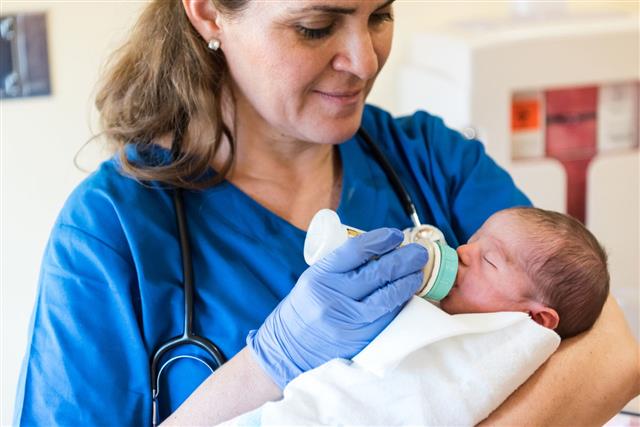A nurse is expected to stand for undaunted faith in the treatment being extended, and accordingly, help the patients towards a speedy recovery. Sharing the same principles with medical ethics, this post will the nursing ethics in detail.

Tap to Read ➤
Professional Ethics in Nursing Jobs
Gaynor Borade


A nurse is expected to stand for undaunted faith in the treatment being extended, and accordingly, help the patients towards a speedy recovery. Sharing the same principles with medical ethics, this post will the nursing ethics in detail.

Nursing is for the brave at heart―those driven beyond time and quantity to deliver medical attention to the sick and dying. However, over the past decades, the monetary gains and associated freebies have corrupted the practice.

There is hardly any reference to the selflessness of Florence Nightingale or efforts of those who served during difficult times in human history. And yet, at the same time, there is a global community of nurses who extol a vision and ethics.

It is very difficult to narrow down to the dos and don'ts of the nursing code of conduct, but it is very important to understand the implications involved. The contemporary practice is versatile and spreads across a spectrum of duties and responsibilities which are not spelled on paper because they are expected to emulate the best under any circumstance.
Ethics and Nursing

There are many medical ethics and values specified by nursing schools that could be enumerated within this category.

However, what's more important is the realization and understanding that nursing goes beyond administering alternative or holistic medicines or even the mainstream prescribed list when the doctor is not around. The vocation should ideally be the calling of those who understand the evolution of these ethics and feel intensely about social service.
Being Selfless

Within the paradigms of hospital jobs, a nurse is expected to go beyond the call of duty and walk that extra mile to provide necessary assistance. Healthcare has placed many demands on the profession and so have patients.

Selflessness is a virtue without which it lacks substance. A nurse should ideally be able to stay vigilant and aware of each case in his/her charge, and 'be present' whenever required. Treating every patient as an extension of the self is an integral part.

The principles of morality can always be defended by rational argument, but the truth is that certain professions, such as nursing and teaching, should have set personal standards.
Ability to Deliver on Time

The nursing profession may have ethical issues, but professionalism across cultures demands that a nurse should be able to deliver assistance and administer the prescribed medical attention on time.

Workplace ethics demand that the person understand the implications of a delayed service. A nurse must take part in every briefing and debriefing to be regularly educated on every case in his/her care. There is no explanation accepted for oversight and resultant negligence.

Honesty and Confidentiality
A nurse, by default, is expected to adhere to a strict display of honesty and confidentiality. The need for this arises out of the fact that many patients confide in a nurse during moments of weakness. The patients do move on and so do the nurses, but what happens with the information shared is what really matters.

Becoming a nurse involves giving up on many negative vice like lying and squealing. The very objective of the definition is delivering the best medical and moral support to the patients at hand.

Character and Integrity
The Professional Codes of Nursing do spell out essentials applicable on job. But, ethics in nursing come from the deepest recesses of the human psyche and experience. It hardly matters what remuneration a nurse is drawing or at what level in the hierarchy he or she features.

The person's show of character and solidarity is what makes him/her special. A nurse is expected to be a person of immense character; one who can shoulder the weight of neglect that a patient might feel or the suffering of a little child while delivering dedicated childcare.

The philosophy, morality, and objective truth behind the designing of this important profession are more the values displayed by flourishing individuals. A nurse is expected to deliver patient care with respect and attend to all situations in the most caring and professional manner. A nonchalant approach to medical ethics does not belong in the community.

Ethics in nursing involve a number of considerations that arise from the need to be able to put total strangers at ease, whether the vocation comes out of a nursing degree online or through full-time participation. They need to be lived rather than read and developed forcefully.

Nursing is a profession that is not one opted for 'by chance', instead it is a calling 'by choice'.